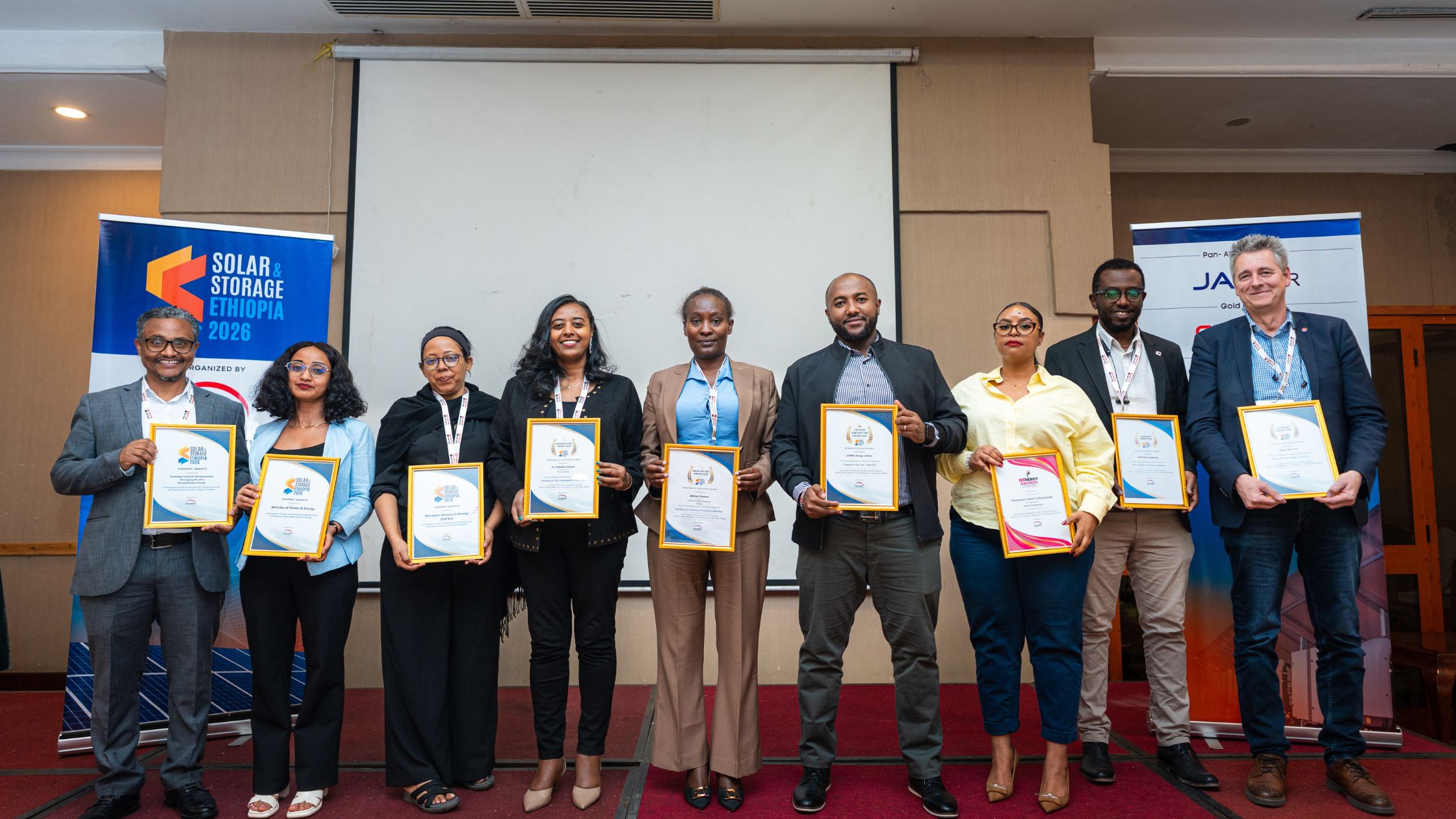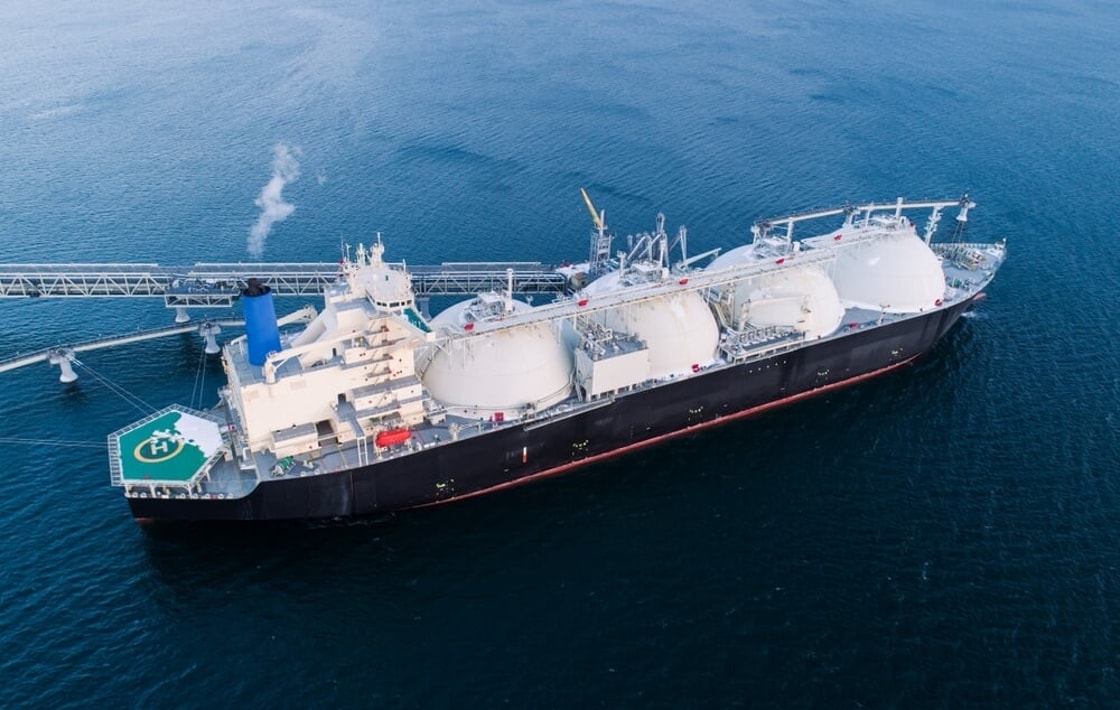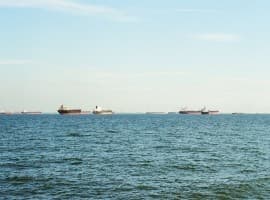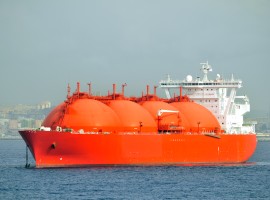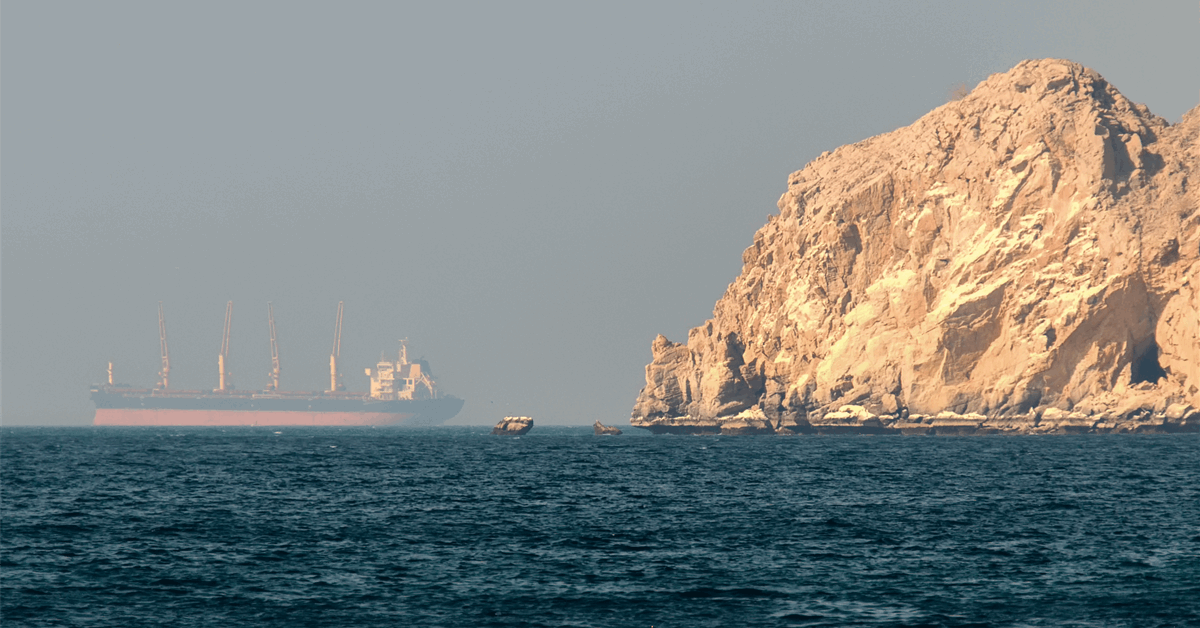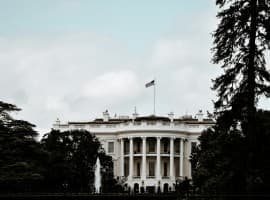
The Maharashtra Electricity Regulatory Commission (MERC) recently issued an order in connection with three important cases. These cases involved disputes between several companies and the Maharashtra State Electricity Distribution Company Limited (MSEDCL) over the levy of wheeling charges and wheeling losses. The companies that had filed the petitions include M/s Saarloha Advanced Materials Pvt. Ltd., M/s ReNew Sun Renewables Pvt. Ltd., M/s CIE Automotive India Ltd., M/s Renew Surya Alok Pvt. Ltd., M/s Mahindra and Mahindra Ltd., and M/s Renew Sunlight Energy Pvt. Ltd.
The petitioners argued that MSEDCL had wrongly imposed wheeling charges and losses in cases where their power was not being transmitted through MSEDCL’s distribution system. They claimed that the electricity was being transmitted directly from generating stations to their premises without using MSEDCL’s distribution network. Based on this, they demanded a refund of the wheeling charges they had paid under protest and also asked for credit on account of wheeling losses.
MSEDCL, on the other hand, stated that the charges were in line with the Electricity Act of 2003 and the MERC (Distribution Open Access) Regulations, 2016. According to the distribution company, their infrastructure, including auxiliary power supply systems and metering equipment, was involved in the process of delivering power, even if the main network was not used extensively. MSEDCL maintained that this justified the levying of wheeling charges and losses.
After reviewing all the submissions and arguments from both sides, MERC ruled in favor of the petitioners. The Commission held that MSEDCL should refund the wheeling charges collected and also give appropriate credit for the wheeling losses incurred by the companies. The Commission clearly stated that such charges should not be levied when the distribution system of MSEDCL is not used.
MERC emphasized the importance of adhering to the existing regulations and ensuring that charges are only collected where they are applicable. This decision is expected to set a significant precedent for similar cases in the future, particularly where power is being transmitted through non-MSEDCL networks. The ruling provides clarity on how wheeling charges and losses should be applied under the open access system, reinforcing that charges must be based strictly on the actual use of infrastructure as per regulatory provisions.


